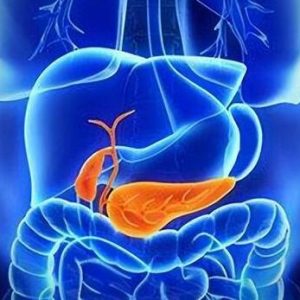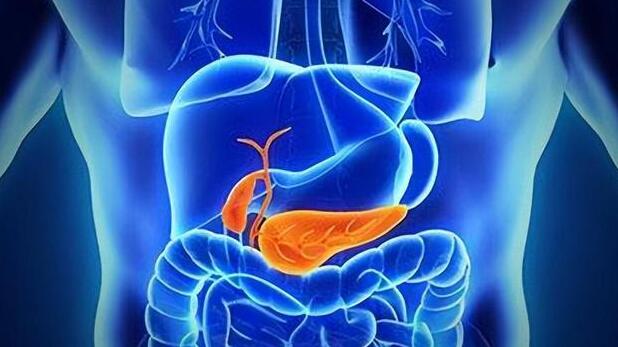Diabetes, a chronic condition caused by insufficient insulin secretion or impaired insulin action, can lead to multi-system damage due to prolonged hyperglycemia. In managing diabetes, not only is monitoring blood glucose levels crucial, but also ensuring a balanced intake of nutrients. Among these, vitamin B12 plays a vital role for those with diabetes.
Functions of Vitamin B12
Vitamin B12, a water-soluble vitamin, performs several essential functions within the body. It is a key factor in red blood cell production, contributes to maintaining normal nervous system function, and is involved in DNA synthesis. Additionally, it aids in the metabolism of folate, which is critical for cardiovascular health.
Roles of Vitamin B12
- Red Blood Cell Production: Helps prevent anemia by participating in the formation and development of red blood cells.
- Nervous System Health: Preserves the integrity of nerve cells and aids in the production of neurotransmitters.
- Metabolic Function: Plays a role in the metabolism of fats and proteins, especially in energy release.
- DNA Synthesis: Crucial for the replication and repair of DNA during the growth and division of all cells.

How to Know if You’re Deficient in Vitamin B12
1. Observe Symptoms:
- Fatigue and decreased physical performance
- Anemia (feeling dizzy, palpitations)
- Pale skin (mild jaundice)
- Tingling or numbness, particularly in hands and feet
- Walking difficulties
- Cognitive issues, such as memory decline
- Mood swings, like depression and irritability
2. Blood Test: The most accurate method to determine vitamin B12 levels is through a blood test. A doctor can order a lab check to measure the level of vitamin B12 in the blood, along with related red blood cell indicators.
3. Assess Dietary Habits: Since B12 primarily comes from animal products, vegetarians or vegans may be at risk of insufficient vitamin B12 intake.
4. Consider Personal Health Conditions: Certain health issues, such as malabsorption, history of stomach surgery, or immune system disorders, may affect the body’s ability to absorb and utilize vitamin B12.
5. Consult a Doctor: If you experience the above symptoms or have risk factors for vitamin B12 deficiency, consult a physician or nutrition expert. Further diagnostic tests, such as homocysteine level testing, may be recommended to assess the status of vitamin B12.
Even without symptoms, regular checks are particularly important for older adults and other groups who may silently develop B12 deficiency.
If diagnosed with vitamin B12 deficiency, treatment typically involves increasing intake through oral supplements or injections.
Risks of Vitamin B12 Deficiency in Diabetics
- Nervous System Damage: Vitamin B12 is key to maintaining neural health. Prolonged deficiency can lead to nerve damage, manifesting as numbness and tingling, which could be mistaken for diabetic neuropathy.
- Cardiovascular Issues: A lack of B12 can raise homocysteine levels, increasing the risk of heart disease and stroke, especially for diabetics already at risk for cardiovascular issues.
- Anemia: B12 deficiency can cause a specific type of anemia – pernicious anemia – leading to extreme fatigue and weakness, further impacting the quality of life for those with diabetes.
- Cognitive Decline: Long-term B12 deficiency may affect memory and other cognitive functions, potentially increasing the risk of certain types of dementia.
- Impact on Diabetes Management: Due to decreased physical and cognitive function, a B12 deficiency may affect an individual’s ability to manage their diabetes properly, including diet, exercise, and medication management.
- Interference with Certain Diabetes Medications: Long-term use of Metformin (a common treatment for Type 2 diabetes) has been associated with malabsorption of vitamin B12, potentially increasing the risk of deficiency.
Individuals with diabetes should regularly test their vitamin B12 levels. If deficient, they should correct this under medical guidance through dietary adjustments or supplements.
Foods Containing Vitamin B12
- Meat: Beef, pork, lamb, especially liver and other organs.
- Seafood: Mollusks (such as clams, oysters, scallops), fish (like sardines, mackerel, tuna, trout, and salmon).
- Poultry: Poultry, especially chicken and turkey meat and liver.
- Dairy Products: Milk, cheese, yogurt, and other dairy products contain B12.
- Eggs: Although not as high as animal products, eggs are still a source of B12.
- Fortified Foods: Some plant-based foods like fortified breakfast cereals, plant milks (soy, almond), and nutritional yeast are often enriched with B12.
- Strict vegetarians or vegans, whose diets exclude animal products, may need to ensure adequate intake through vitamin B12 supplements or fortified foods.
The absorption of vitamin B12 depends on the intrinsic factor in the stomach. Medical conditions like chronic atrophic gastritis or Helicobacter pylori infection, as well as gastrointestinal surgeries, can lead to poor B12 absorption. Additionally, the elderly may experience decreased absorption capabilities. Therefore, older individuals are another group that might require extra B12 supplementation.
Vitamin B12 is of significant importance for individuals with diabetes. Maintaining adequate intake helps preserve nervous system health, promote red blood cell production, and sustain cardiovascular health. Hence, those with diabetes should pay attention to their vitamin B12 intake and take appropriate supplementation when necessary. Through sensible dietary adjustments and necessary medication, we can provide better nutritional support for people with diabetes, helping them manage their condition more effectively and enhance their quality of life.










